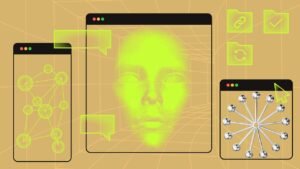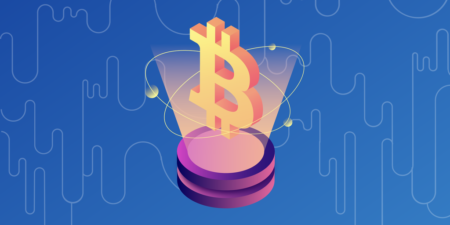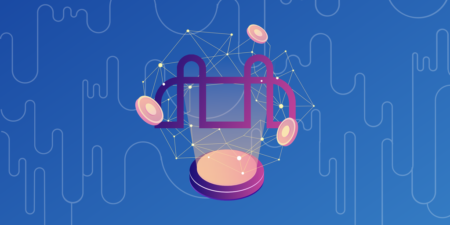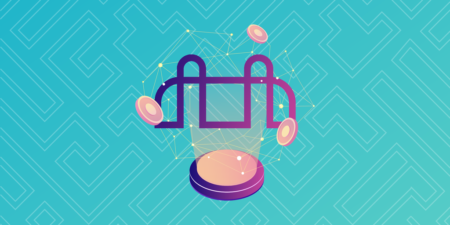In today’s increasingly online world, maintaining privacy and security online is more crucial than ever. Virtual Private Networks, or VPNs, are key tools used by internet users to protect their privacy.
What exactly are VPNs? A Virtual Private Network is a service that creates a secure and encrypted connection over a less secure network, such as your internet connection. When you connect to the Internet via a VPN, you’re routed through a remote server operated by the VPN provider, which masks your IP address and displays another one in its place.
VPNs work by encrypting data before it leaves your device, tunneling to protect your information, and IP masking to hide your real IP address. Hiding your IP address is vital because it reveals a surprising amount of information about you and your online activities, allowing advertisers to track your behavior.
The benefits of using VPNs are numerous. They provide increased privacy and security, making it difficult for hackers to attack your device or monitor your online activity. VPNs also allow you to control your online presence and data, protecting you from targeted ads and cyberattacks.
Many consumers use VPNs to enhance their privacy or access geo-blocked content. This can range from accessing TV shows on streaming services from a home country while on vacation to citizens of oppressive regimes accessing news from outside sources. Some crypto users also use VPNs to circumvent local restrictions on crypto exchanges and DeFi protocols.
For those looking to take their privacy to the next level, decentralized VPNs are an option to consider. Unlike centralized VPNs managed by a single entity, decentralized VPNs rely on a network of nodes run by users themselves. This distributed model makes it harder to track user data and more censorship-resistant.
However, decentralized VPNs may be less user-friendly and more complex to set up compared to centralized VPNs. The performance of a decentralized VPN can also vary depending on the quality of the specific node a user connects to. Some examples of decentralized VPNs include Hopr Network, Deeper Network, and Orchid.
In conclusion, VPNs are essential tools for protecting your privacy and security online in today’s digital age. Whether you’re looking to enhance your privacy, access geo-blocked content, or circumvent local restrictions, VPNs can help safeguard your online activities. Consider using a VPN to ensure your online presence remains private and secure.



















